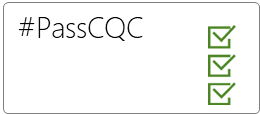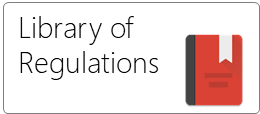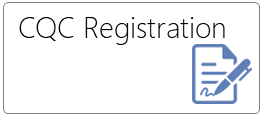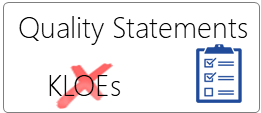In simplified terms, the regulations require that you must ensure that the condition of your premises and equipment meet infection control standards.
Neither the CQC nor Infection Control regulations specify what surfaces and fixtures should be selected because this will vary enormously depending on the type of service you provide.
What this means is that the decision on what is suitable is entirely up to you as long as you ensure that everything is as clean and infection free as is reasonably possible.
When you choose surfaces, fixtures, fittings, furniture and equipment, you have to use common sense and best practice to ensure that the products are designed or selected bearing in mind easy cleaning, compliance with infection control criteria and durability in a healthcare environment.
Rule of thumb
In most cases, when you choose products or are deciding whether to change, your choice of equipment usually boils down to a balance between whether to get something that is more efficient/practical to keep clean, usually more expensive, or something that will still do the job but requires more maintenance. Either is acceptable as long as long as it is kept infection free.
Flooring
There is no specific legislation that says you MUST have flooring with coved skirting. However, it is best practice and reduces contamination from ledges/mouldings and gaps under skirting boards. Most importantly it is a lot easier to keep clean and infection free.
Carpets
There is no legislation that forces you to replace your carpets in favour of hard flooring or lino. You can have carpets as long as you keep them clean and infection free. Hard flooring and lino are however much easier to keep clean, especially when you have spills and high traffic of patients walking in with dirty shoes. The choice is entirely yours depending on where the carpets are installed, and whether you are prepared to spend more time and money cleaning carpets when it is so much easier to maintain hard floors.
Toys
All toys in regular use need to be cleaned daily.
Soft toys (porous or fabric) are hard to disinfect and tend to rapidly become re-contaminated after cleaning. They are generally considered a high infectious risk and unsuitable for doctors' waiting rooms.
Soft toys are not recommended unless they are laundered daily at temperatures to achieve thermal disinfection.
Taps
Best Practice says that taps should enable the user to turn them off without contaminating hands; also that swan neck taps should be avoided as they do not empty fully after use. (Legionella)
You do not have to change your taps as long as you can assess and manage the risk of contamination when using traditional mixer taps. The decision is simple; you need to clean ordinary taps more often than hands free taps, and your choice is a balance between the cost of purchase, cost of maintenance, and cleaning effort over the long term.
Sinks
The guidance states that sinks should be large enough and with curved sides to contain and reduce splashes and allows staff to perform accepted hand hygiene techniques.




